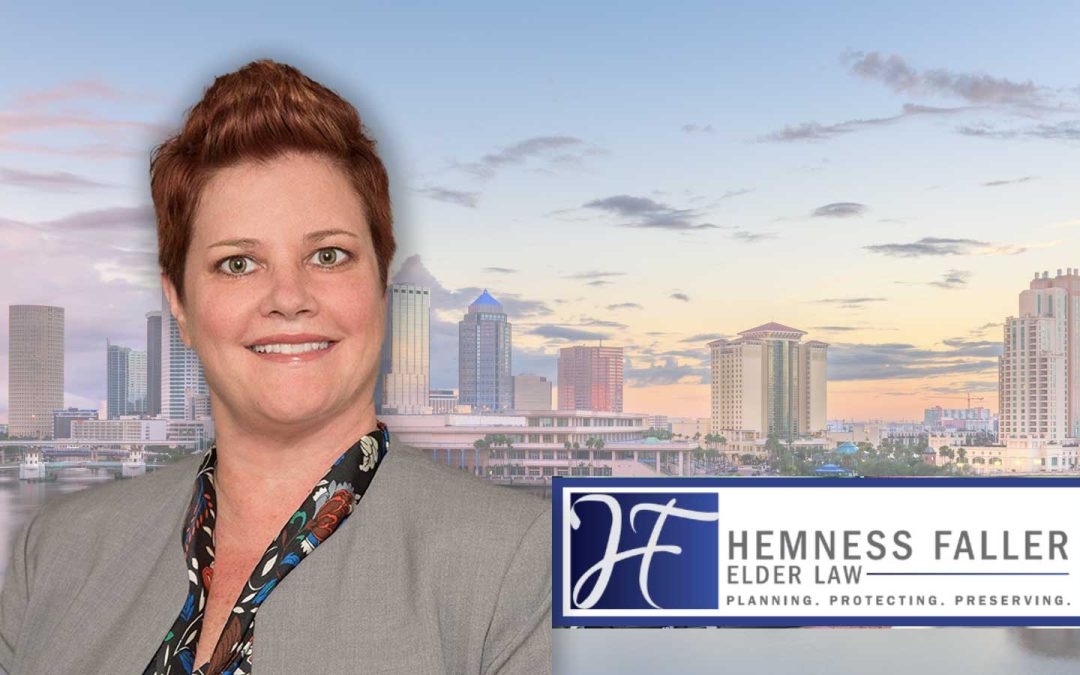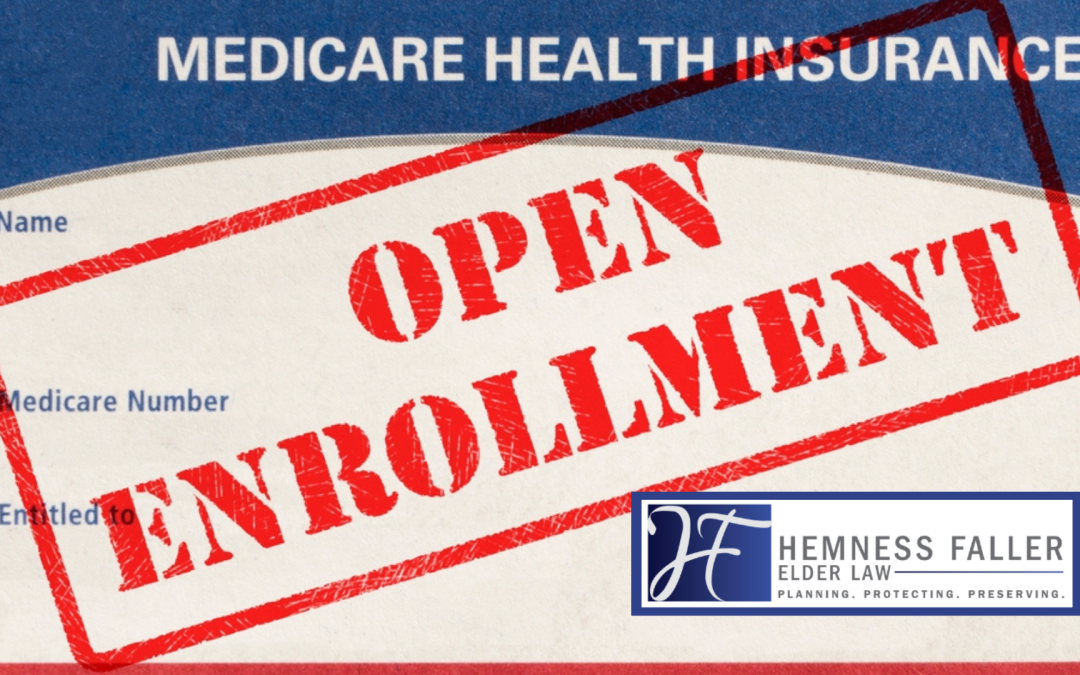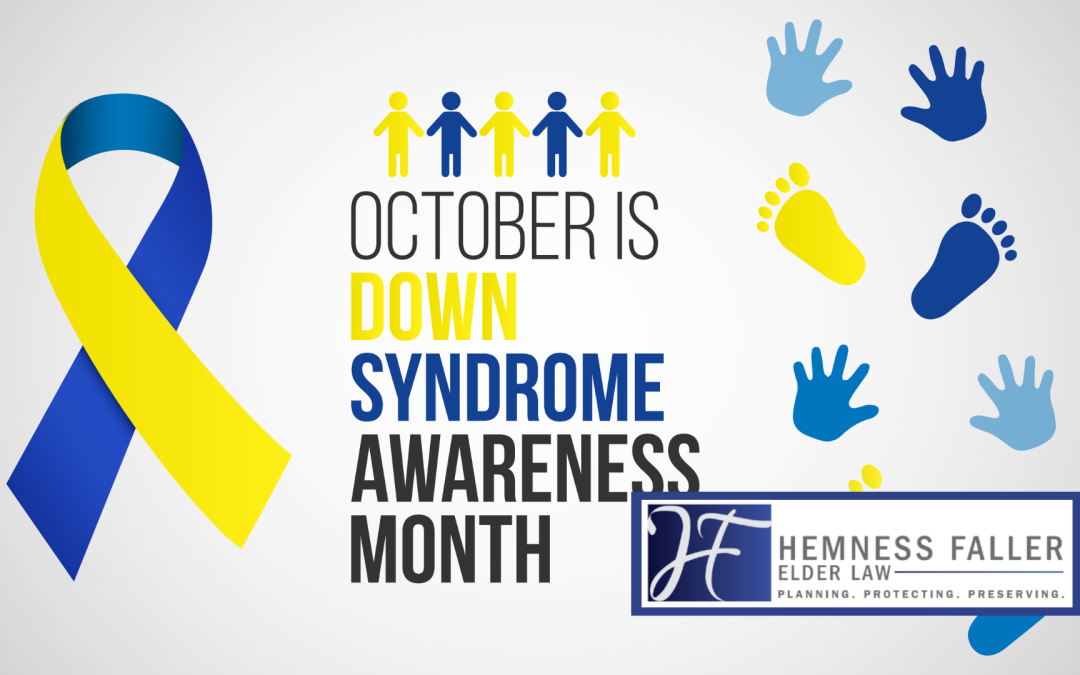Are you planning to visit your relatives during the holidays? What signs should you look for to be sure they are well? Are you hoping to discuss long-term care planning with them? What exactly is long-term care planning? The National Institute on Aging defines long-term care planning as steps to meet a person’s health or personal care needs during a long or short period of time. With the help of these services, your relatives may be able to live as independently and safely as possible even though they can no longer perform everyday activities on their own.
Estate planning, including long-term care planning, is definitely impacted by both the personal wishes and financial means of a person. The following are six signs to look for while visiting your relatives this holiday season to determine what type of long-term care planning may be best for them.
1. When visiting the home of your relatives you notice some sad things. The home is messy, trash has not been taken out and there are magazines, newspapers and books piled everywhere. There is no food in the refrigerator or cabinets. Even your relatives are not well dressed and groomed as usual. It may be time to have the conversation about whether your relatives want to live in assisted living or remain in their home.
2. Your relatives want to stay in their home at all costs but you notice problems in their home. Stairs do not have rails, bathrooms do not have any safety devices, there is very little lighting and carpets are uneven and may cause falls. You will need to work with your relatives to determine what needs to be done to help them remain in their home as long as possible and remain safe. This may involve discussing modifications to the home to make it safer and easier to move around. It may also involve a discussion as to part-time in-home care help or possibly having a family caregiver move in with them or make daily visits.
3. When you let your relatives drive their car to take you to the store you realize how unsafe their driving is. As delicately as possible, ask them about driving. Have they been feeling anxious about driving? Have there been any car accidents, even minor ones? These can be signs that it may be time for your relatives to stop driving and discuss alternate means of transportation.
4. Observing your relatives as they age and noting that this holiday they seem very fragile is very concerning. If they have to go into a nursing home, do they have any plans for how to pay for a nursing home? Medicare may cover a short stay in a nursing home, but beyond that, your relatives will need to cover the cost. Do they have the money or long-term care insurance? If not, Medicaid planning may be done to preserve the assets of your relatives and make them eligible for Medicaid to cover the cost.
5. After discussing their most recent doctor visits, you are very aware that your relatives may be more prone to a medical event, such as a stroke, which can leave them mentally incapacitated without warning. A durable power of attorney can be an important legal instrument to have executed and will give the designated person access to bank accounts and allow them to make financial decisions. You need to ask your relatives about what plans they have in place for the management of their affairs in the future.
6. After talking about their future during the holidays and realizing your relatives do not have an attorney, you know that your relatives should have a Florida elder law attorney. If they need and ask for your assistance you should help them locate a qualified Florida elder law attorney.
We know this article may raise more questions than it answers. The experienced team of attorneys here at Hemness Faller, The Law Office formerly known as Emma Hemness, P.A., are here for you and your family and we want to be YOUR estate planning and elder law attorneys. After all, we are ordinary people, providing extraordinary guidance backed by years of experience and advocacy for the vulnerable citizens in our community. We encourage you to contact us and schedule a meeting with us.






